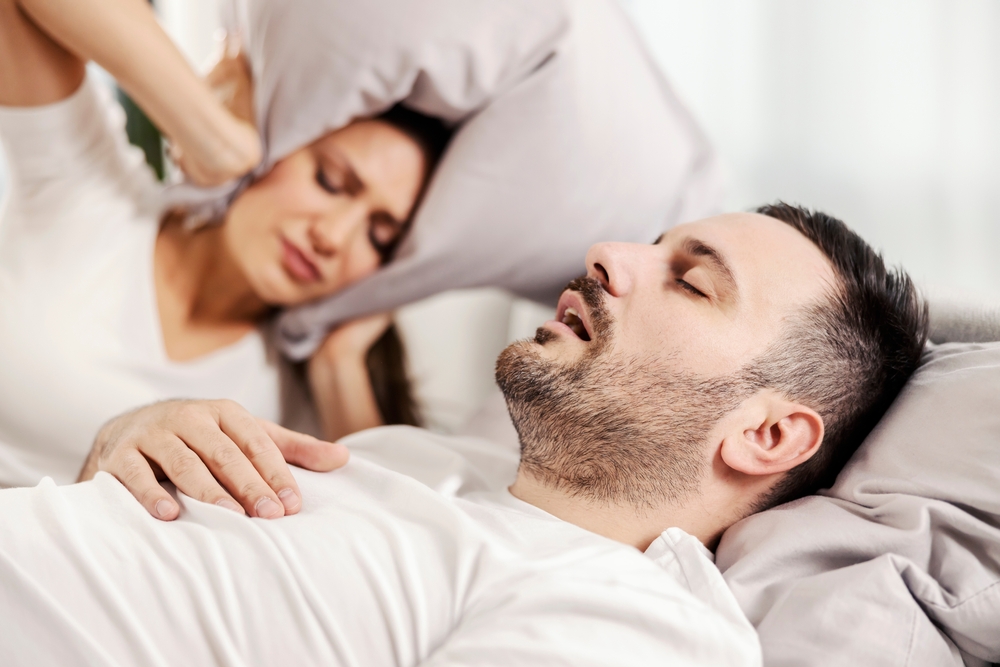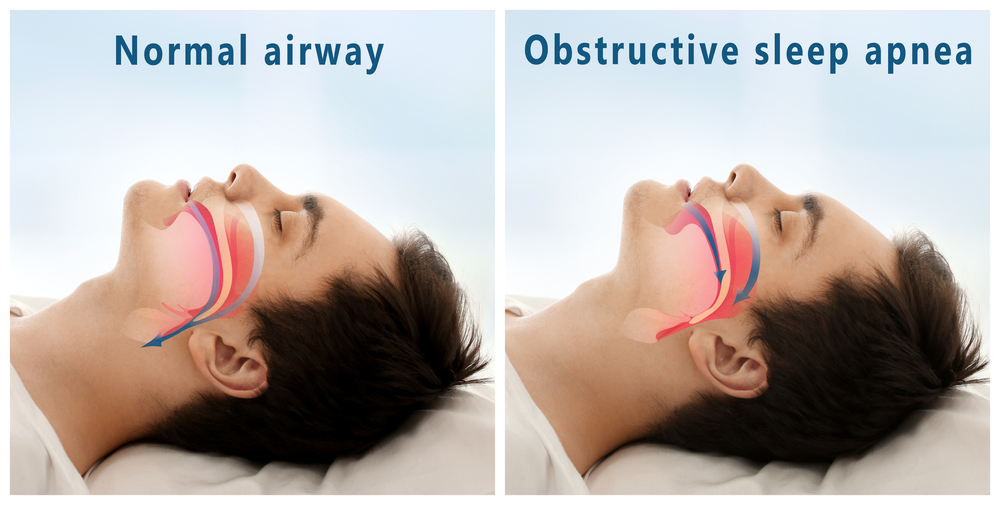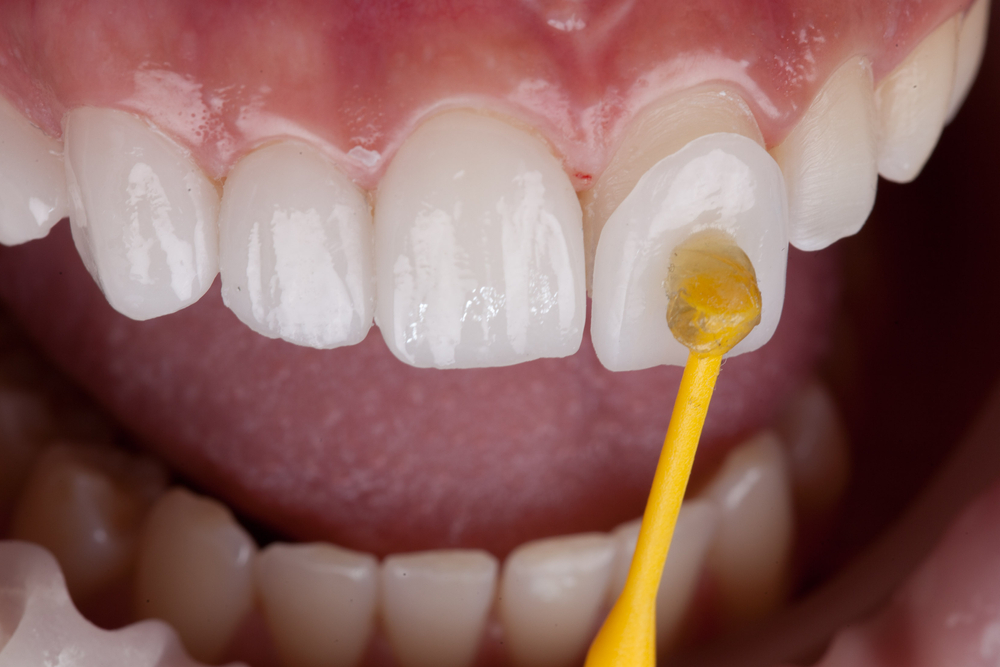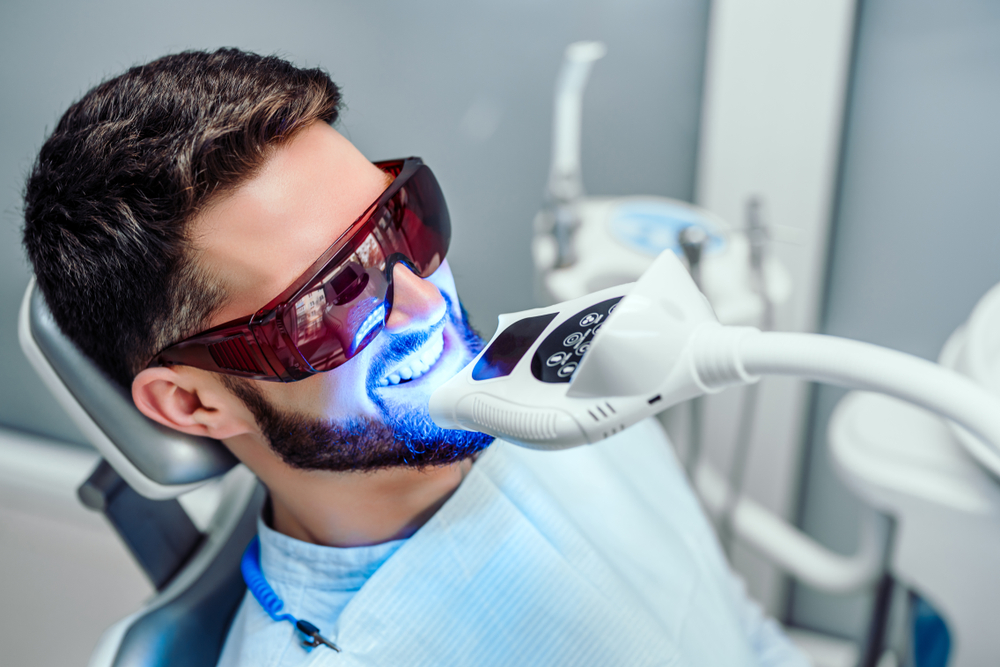You might have heard of sleep apnea, a condition where people stop breathing for short periods while sleeping. But have you heard of Upper Airway Resistance Syndrome (UARS)? It’s a bit like sleep apnea’s lesser-known cousin. In fact, it is considered to be similar to Obstructive Sleep Apnea (OSA), but less severe.
Though it may be lesser-known, UARS is likely more common than OSA. And while it isn’t as well-known, understanding UARS can help many people improve their sleep and overall well-being. If you or someone you care about snores, then they may have UARS.
What is Upper Airway Resistance Syndrome (UARS)?

UARS is a sleep disorder. Imagine you’re trying to drink a thick shake through a tiny straw. It’s hard work, right? For people with UARS, it’s a similar struggle to get air into their lungs while sleeping. Their airway becomes narrow, but unlike sleep apnea, it doesn’t completely close. This makes breathing difficult and causes interruptions in their sleep.
Comparing Obstructive Sleep Apnea (OSA) and Upper Airway Resistance Syndrome (UARS)

When we talk about sleep-related breathing disorders, two names often come up: Obstructive Sleep Apnea (OSA) and Upper Airway Resistance Syndrome (UARS). While they might sound similar, there are distinct differences between the two. Let’s compare them side-by-side:
1. The Breathing Interruption
- OSA: In OSA, the airway gets completely blocked, causing a person to stop breathing for a few seconds to a minute. This blockage usually results from the relaxation of throat muscles and tissues during sleep. When the brain senses this breathing cessation, it momentarily wakes the person up to resume breathing, often with a choking or gasping sound.
- UARS: In UARS, the airway doesn’t get completely blocked, but it narrows significantly. This narrowing causes resistance, making breathing harder but not entirely stopping it. The brain doesn’t necessarily wake the person up completely, but it can shift them from a deep sleep to a lighter one.
2. Symptoms and Indications:
- OSA: Common symptoms include loud and chronic snoring, long pauses in breathing, and choking or gasping upon waking. People with OSA often feel excessively sleepy during the day and might experience mood changes and difficulty concentrating.
- UARS: People with UARS might also snore, but it’s usually softer. The main indication of UARS is waking up frequently during the night and feeling tired even after a full night’s sleep. Unlike OSA, UARS patients might not display clear breathing interruptions when observed.
3. Diagnosis:
- OSA: Diagnosis is commonly done through a sleep study called polysomnography. This test monitors different body functions during sleep, such as brain electrical activity, eye movement, heart rate, and breathing patterns.
- UARS: Diagnosing UARS can be trickier than OSA because standard sleep studies might not always detect the subtle disturbances of UARS. A more sensitive version of polysomnography, which measures esophageal pressures, is often needed.
4. Treatment:
- OSA: Treatments range from using CPAP machines, which deliver continuous air pressure to keep the airway open, to surgical options in severe cases.
- UARS: CPAP can also be used for UARS, but due to the subtler nature of UARS, other treatments like oral appliances or lifestyle modifications might be preferred.
In essence, while OSA and UARS are both sleep disorders that involve breathing disturbances, they have unique characteristics. It’s essential to recognize and treat each condition appropriately. Both conditions can affect the quality of life, and if left untreated, they can lead to more severe health issues.
Why is UARS a problem?
You might think, “well, if the airway isn’t closed, what’s the big deal?” The challenge with UARS is that it can make you feel tired and groggy during the day. Because of the resistance in the airway, the body has to work harder to breathe. In fact, your blood oxygen levels may drop throughout the night, forcing your brain to wake you up to breathe. Often, these brief periods of wakefulness happen without you knowing or remembering. This constant effort can prevent you from getting deep, refreshing sleep.
Some common signs of UARS include:
- Waking up frequently during the night
- Feeling tired even after a full night’s sleep
- Having a hard time focusing during the day
- Snoring or making choking sounds while asleep
What causes UARS?
Several factors can cause or contribute to UARS. Some of them include:
- The shape and size of the jaw and tongue
- Tonsils or adenoids blocking the airway
- Being overweight or obese
- Nasal problems or congestion
Sometimes, the reason for UARS is not entirely clear, and it might be a combination of several factors.
How is UARS treated?

Good news! UARS is treatable. Some of the common treatments include:
- CPAP Machine: Just like in sleep apnea, a Continuous Positive Airway Pressure (CPAP) machine can help keep the airway open by delivering a steady stream of air through a mask.
- Oral Appliances: These are special devices designed by dentists to be worn in the mouth during sleep. They help to adjust the position of the jaw or tongue to keep the airway open.
- Lifestyle Changes: Maintaining a healthy weight, sleeping on your side, or using nasal sprays can sometimes help alleviate symptoms.
- Surgery: In some cases, removing obstructions like tonsils or adenoids can help. However, surgery is usually considered after other treatments have been tried.
Local Help for UARS
If you suspect you have UARS or know someone who might, it’s essential to see a professional. In our community, we’re fortunate to have dedicated dental experts like Dr. Richard Dawson and Dr. John Turke at Smile Science Dental Spa. They understand the unique challenges UARS presents and have the expertise to offer the best solutions for their patients.
If you’re experiencing sleep disruptions, feeling overly tired, or facing difficulties focusing during the day, UARS could be the culprit. Don’t wait. Get the help you deserve and improve your quality of sleep and life. Contact Smile Science Dental Spa today, where Dr. Dawson and Dr. Turke are ready to assist with your UARS concerns.






